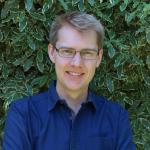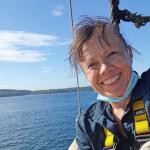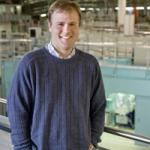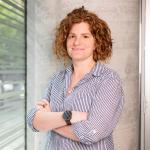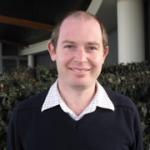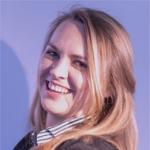
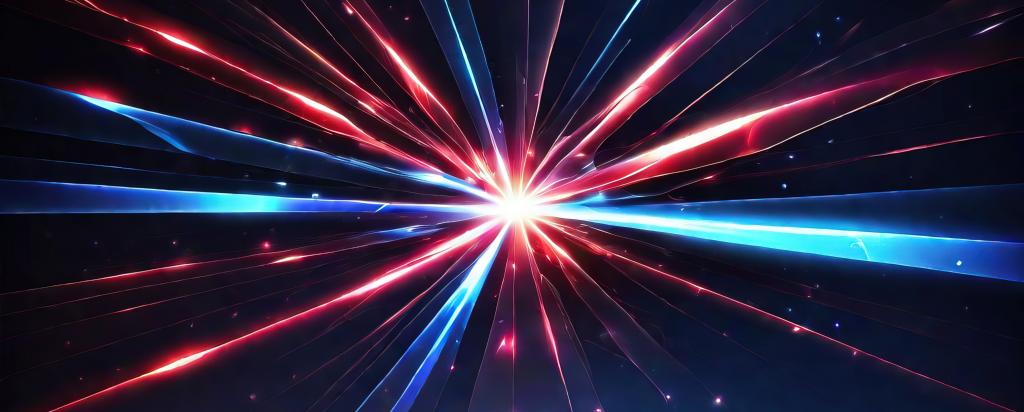
SAS2024 | ANSTO Small Angle Scattering Workshop
| Date |
Wed 17 Apr at 9.00am - Fri 19 Apr at 5.00pm
|
| Cost |
$250 inc GST (Successful applicants only) | No Fee for online lectures
|
| Venue | ANSTO 800 Blackburn Rd Clayton VIC 3168 |
| Program Timetable | |
| Virtual Registration | |
Expressions of Interest for the in-person workshop closed on March 13th and successful applicants have now been advised.
Virtual Registration to attend the hybrid sessions are now OPEN and you can register via the 'Virtual Registration' link in the side panel.
The Australian Synchrotron (AS) and the The Australian Centre for Neutron Scattering (ACNS) are pleased to announce the 4th Small Angle Scattering (SAS) Workshop. Following the success of previously run workshops, this year’s workshop is to be hosted by the Australian Synchrotron (Clayton, Victoria), will run mostly in-person, and will have limited seats of 20 participants only for the hands-on practical elements of the course.
The workshop will feature lectures from a range of eminent speakers over a wide a range of research fields with most sessions presented in a hybrid format, in order to be made available to those who are not selected for in-person attendance or unable to travel to Melbourne. Hands-on experiments will cover data collection, data analysis and data interpretation. The workshop will also provide an opportunity to interact with like-minded colleagues and to see the Australian Synchrotron's state-of-the art instruments (and hopefully to have a lot of fun!).
Invited Speakers:
Dr Rico Tabor – Rico Tabor completed his undergraduate degree at the University of Bristol, UK and then undertook a PhD on the topic of investigating kinetics and aggregation of surfactants in non-aqueous solvents. After immigrating to Australia in 2009, Rico took up a lectureship in the School of Chemistry at Monash University and is currently an Associate Professor and leads the Soft Materials and Colloids Laboratory within the School of Chemistry.
Prof Greg Warr - Greg Warr is Professor of Physical Chemistry at the University of Sydney. He has been investigating nanoscale structure using neutron and X-ray scattering techniques for almost 40 years and has carried out studies on a variety of beamlines at major facilities around the world including ILL, LLB and LURE (France), HZB (Germany), ISIS (UK) NIST and ORNL (USA), HANARO (S. Korea), as well as at Opal and the Australian Synchrotron.
Prof Stuart Prescott - Stuart Prescott is an Associate Professor at UNSW Chemical Engineering. Stuart joined UNSW in 2013, following an EU Marie Curie individual fellowship and lectureship at the University of Bristol, UK. Stuart has worked extensively on the development of new instrumentation for colloidal and interfacial systems, including neutron reflection sample environment for studying the effects of confinement on polymers and bench-top NMR instrumentation for surface area and surface chemistry monitoring.
Dr Joanna Hicks - Joanna Hicks is a biochemist from the University of Waikato, New Zealand. Her research interests are within infectious disease having worked on tuberculosis, malaria and gonorrhoea throughout her career. Her research specifically focuses on how bacterial pathogens interact with and infect the host and the identification and characterisation of potential new antimicrobial targets to combat antimicrobial resistance. In a more applied direction, she is engineering thermophilic RNA ligases for potential biotechnology applications. Synchrotron science underpins all her research; using protein crystallography and small angle X-ray scattering to investigate enzyme mechanisms and structure, protein complexes and inhibitor interactions.
Dr Katie Weigandt - Katie Weigandt is a staff scientist at the NIST Center for Neutron Research in Gaithersburg, MD where she uses small angle neutron scattering (SANS) and rheology to develop structure-function relationships in a variety of complex fluids including gels, colloidal suspensions, microemulsions and micellar solutions. Katie is also working with a multidisciplinary group of scientists to develop a new grating based far field interferometer to enable "tomographic SANS" measurements. Katie earned her PhD in Chemical Engineering in 2012 at the University of Washington, Seattle, as an MS in Chemical Engineering in 2012 at the University of Idaho (2007) and a BS in Chemical Engineering at Oregan State University (2005).

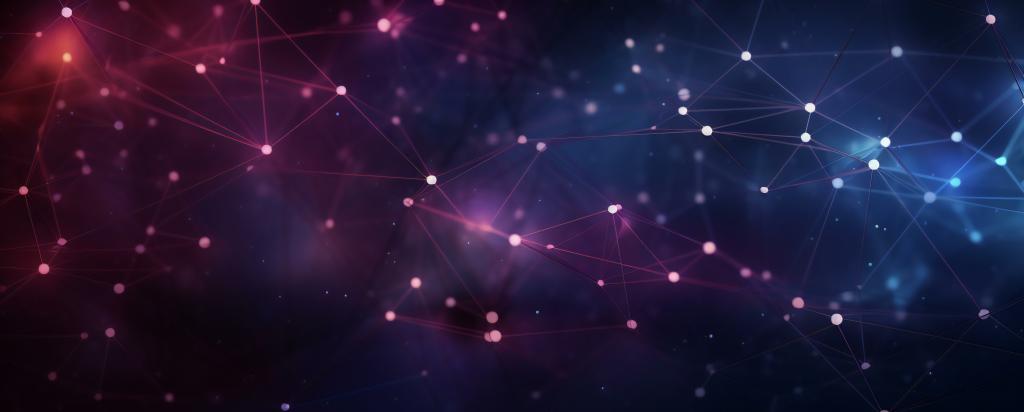
Aim
The aim of the workshop is to provide an overview of the theoretical and practical aspects of small angle scattering, including scattering theory, data collection, data processing, data analysis and modelling, applying for beam time, and the application of small angle scattering to specialised areas of research. The workshop is expected to be of interest to honours and PhD students, as well as early-career researchers who have used, or are planning to use, ANSTO’s small angle scattering instruments for their research.
Those selected to participate in-person will have the opportunity to experience the SAXS/WAXS and BioSAXS beamlines at the Australian Synchrotron along with face-to-face data collection and treatment for both SANS and SAXS instruments.
SPONSORSHIP: The Committee would like to thank Anton Paar Australia for their generous support of this event.
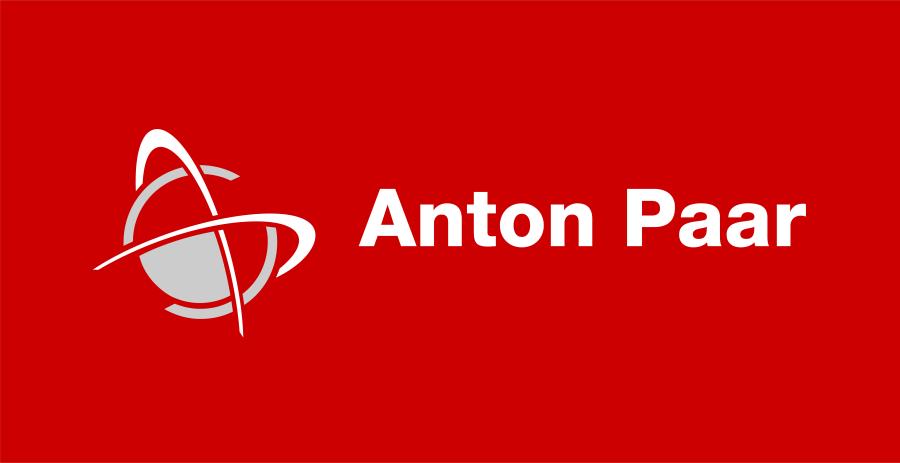

Successful Applicants
All successful in-person applicants will be required to pay the registration fee of $250 inc GST (AUD) which will include:
- All lectures and practical sessions
- Accommodation, if required
- Meals (Breakfast, morning tea, lunch, afternoon tea, dinner)
- Workshop Dinner (location TBC)
* Registration fee does not include the cost of travel to and from the Australian Synchrotron. Registrants requiring accommodation will have the option to share a twin room (2 x single beds with ensuite) with others attending that are known to them, or they can be provided a single room (1 x Queen bed). Any non-Australian citizens will require a valid entry visa. (Visa invitation letters can only be issued to successful applicants).
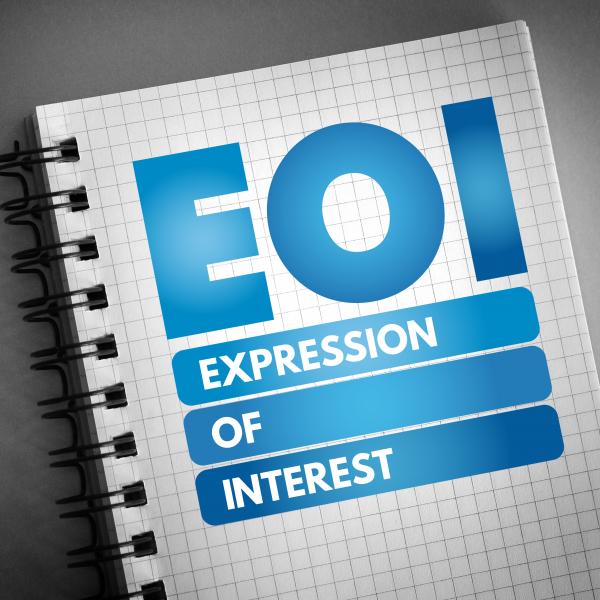
Important Dates
Interested applicants are required to submit and expression of interest form. Participants for in-person attendance will be selected by the organising committee based on the answers provided in their EOI form to ensure the best fit with participants and the course outline. Free registration will be awarded to the three best EOI submissions as determined by the organising committee.
The closing date for expressions of interest is the 26th February 2024 at 11.59pm.
EOI submissions have CLOSEDApplicants will be informed if they have been successful by the 13th March 2024 (COB).
If you are unsuccessful or cannot participate in-person, then you will be given the opportunity to attend virtually in the hybrid sessions.
